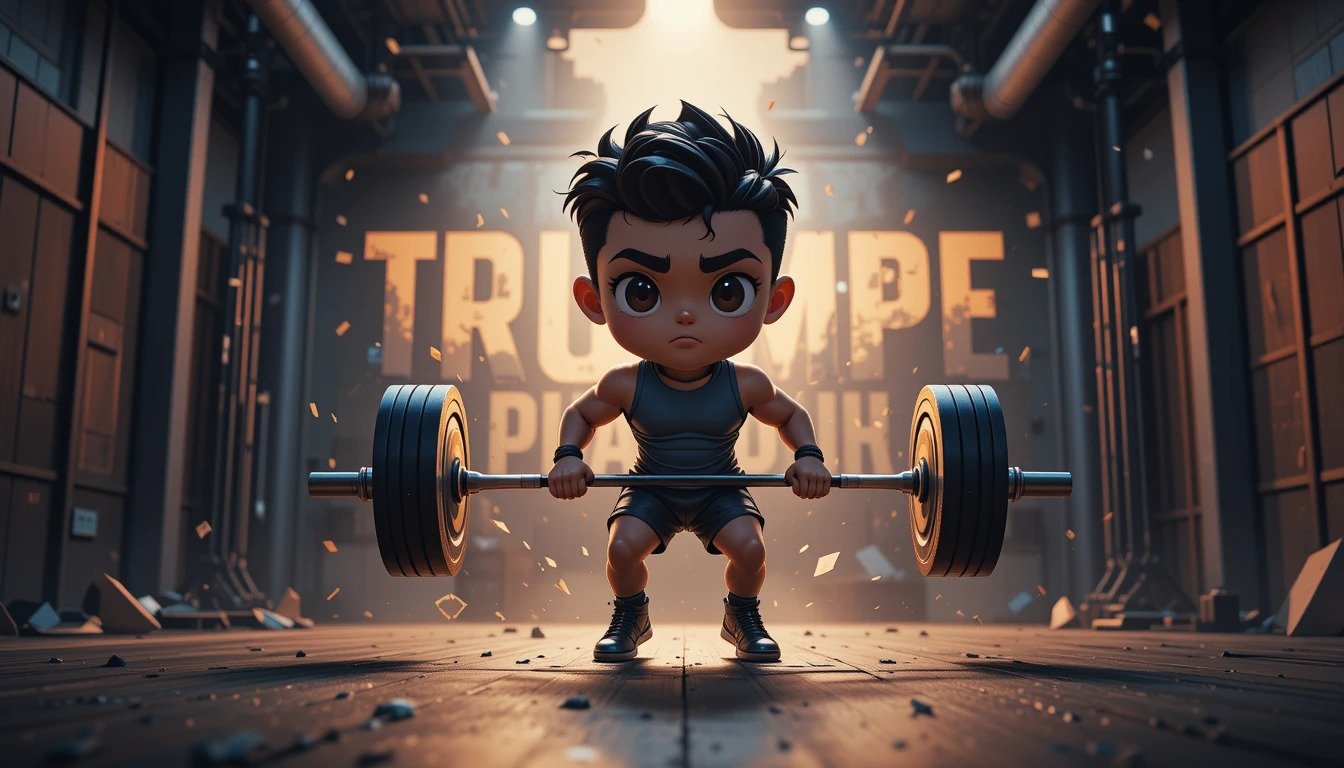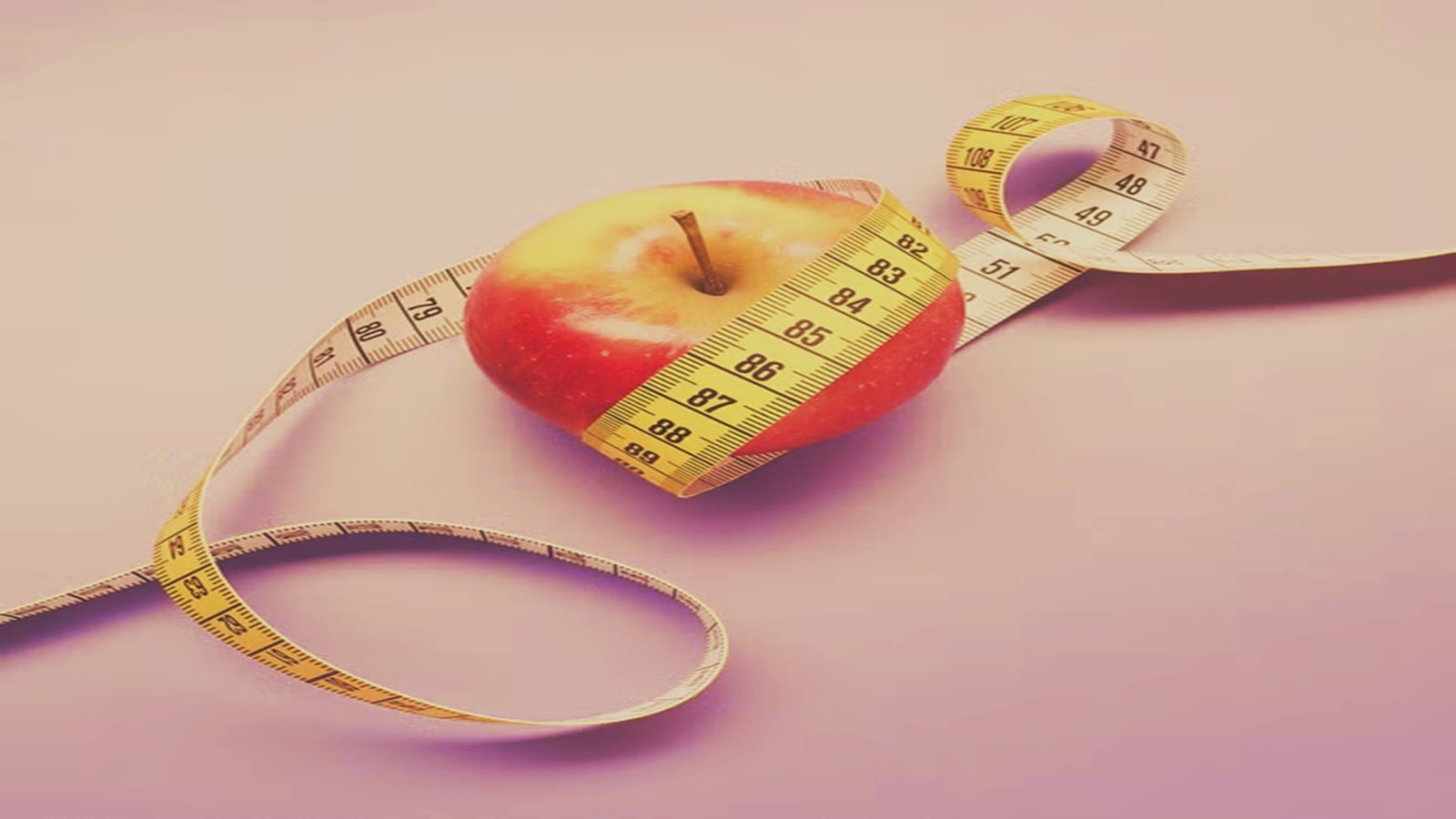Personal development is the continuous process of self-improvement across different areas of life. It involves cultivating new skills, fostering positive habits, and embracing a growth mindset to achieve both personal and professional aspirations. Whether your goal is career success, better relationships, or improved well-being, personal development provides the foundation for unlocking your full potential and leading a fulfilling life.
At its core, personal development is about deliberate and conscious self-growth, requiring introspection, discipline, and a commitment to continuous learning. It is not limited to career achievements or external success but also encompasses emotional intelligence, self-awareness, and mental resilience. Investing in personal growth enables individuals to navigate challenges effectively, improve their overall well-being, and develop meaningful relationships.
This guide explores what personal development is, why it matters, and how you can actively engage in self-improvement to create a fulfilling life. By understanding its principles and implementing actionable strategies, you can unlock your potential and take charge of your personal evolution.
What is Personal Development?
Personal development refers to the intentional effort to enhance various aspects of life, from self-awareness to career advancement. It is a lifelong journey that requires dedication, self-reflection, and a commitment to growth. Through personal development, individuals strive to become the best version of themselves, improving their mental, emotional, and physical well-being.
Key Areas of Personal Development:
- Self-Awareness – Understanding your strengths, weaknesses, values, and emotions to make informed life decisions. This includes developing emotional intelligence, recognizing personal biases, and practicing mindfulness to foster a deeper sense of self-understanding.
- Skill Development – Acquiring new abilities or refining existing ones for career growth and personal fulfillment. This encompasses technical skills, communication, problem-solving, and adaptability, which are essential in an ever-changing professional and personal landscape.
- Mindset and Attitude – Cultivating a positive outlook, embracing challenges, and learning from failure. A growth mindset helps individuals turn setbacks into opportunities and develop resilience to withstand adversity.
- Health and Wellness – Prioritizing physical and mental health through balanced habits and stress management. This includes adopting healthy eating habits, engaging in regular physical activity, practicing mindfulness, and ensuring adequate rest for overall well-being.
- Relationships and Social Skills – Enhancing communication, empathy, and interpersonal connections. Building strong relationships requires active listening, understanding emotional cues, and being open to diverse perspectives, which contribute to healthier interactions and meaningful connections.
- Time Management and Productivity – Developing strategies for efficiency, prioritization, and goal setting. Effective time management helps individuals balance personal and professional responsibilities while minimizing stress and maximizing productivity.
Why is Personal Development Important?
Investing in personal development enhances self-growth and creates opportunities for success in various areas of life.
Benefits of Personal Development:
- Greater Self-Awareness: Leads to better decision-making and alignment with personal values. Self-awareness helps individuals understand their motivations, strengths, and areas for growth, enabling them to make informed choices.
- Increased Motivation: Setting and achieving goals provides purpose and direction. The pursuit of personal growth fosters a sense of accomplishment and keeps individuals engaged in continuous self-improvement.
- Stronger Relationships: Improved communication and emotional intelligence foster deeper personal and professional relationships. Learning how to navigate conflicts, express emotions constructively, and support others contributes to stronger connections.
- Greater Resilience: Strengthens your ability to navigate obstacles and setbacks with confidence. Personal development equips individuals with coping mechanisms and adaptability to thrive in challenging situations.
- Career Advancement: Continuous learning enhances skills, job performance, and professional growth. Engaging in lifelong education and self-improvement creates opportunities for career progression and fulfillment.
- Improved Well-Being: Focusing on physical and mental health leads to a balanced, satisfying life. Maintaining a holistic approach to well-being allows individuals to cultivate a sense of fulfillment and happiness.
How to Start Your Personal Development Journey
1. Set Clear Goals
- Identify Areas for Growth: Assess different aspects of life—career, relationships, health—and pinpoint areas for improvement.
- Use SMART Goals: Make them Specific, Measurable, Achievable, Relevant, and Time-bound (e.g., “I will read one book on leadership every month for six months”).
- Visualize Success: Envision the outcomes of your personal growth journey to create a strong sense of motivation and direction.
2. Create a Personal Development Plan
- Break Down Goals: Divide large objectives into smaller, manageable steps.
- Set Milestones: Track progress and celebrate small wins to stay motivated.
- Use Tools and Resources: Utilize journals, planners, or productivity apps to organize tasks and monitor growth.
3. Develop a Growth Mindset
- Embrace Challenges: View obstacles as opportunities for learning and self-improvement.
- Commit to Lifelong Learning: Read books, take courses, or attend workshops to gain new knowledge and insights.
- Practice Positive Thinking: Replace negative self-talk with affirmations and constructive thoughts to cultivate confidence.
4. Build Healthy Habits
- Prioritize Self-Care: Incorporate exercise, mindfulness, and proper nutrition into daily routines.
- Replace Negative Habits: Identify behaviors like procrastination or negative self-talk and replace them with constructive actions.
- Create a Routine: Develop structured habits that align with your goals to maintain consistency.
5. Seek Feedback and Accountability
- Request Constructive Feedback: From mentors, peers, or loved ones to identify blind spots and growth opportunities.
- Find an Accountability Partner: Check-in with someone who shares similar goals to stay committed.
- Track Progress: Regularly review your goals and make adjustments based on feedback and experiences.
6. Stay Consistent and Persistent
- Develop Daily Routines: Dedicate time each day to personal growth, even in small ways.
- Practice Patience: Growth is a gradual process—trust the journey and remain committed.
- Stay Adaptable: Be open to modifying your approach based on new insights and changing circumstances.
Common Challenges in Personal Development and How to Overcome Them
1. Lack of Motivation
- Solution: Revisit goals and remind yourself of your purpose. Break tasks into manageable steps and establish a reward system.
- Create a Support System: Surround yourself with like-minded individuals who encourage and inspire you.
2. Fear of Failure
- Solution: View failure as a learning experience. Reflect on setbacks and adjust your approach accordingly.
- Reframe Failure: Instead of seeing failure as a setback, consider it as feedback and a step toward improvement.
3. Procrastination
- Solution: Identify the root cause—fear, overwhelm, or distraction—and create a structured plan with clear deadlines and priorities.
- Use Time-Blocking Techniques: Allocate specific time slots for tasks to avoid unnecessary delays.
4. Impatience with Progress
- Solution: Recognize that personal development is a journey, not a race. Celebrate small progress and practice self-compassion.
- Reflect on Progress: Regularly assess how far you have come rather than focusing only on what remains.
Conclusion
Personal development is a transformative process that enhances confidence, skills, and overall well-being. It is not a one-time event but a continuous journey that requires persistence, adaptability, and a willingness to embrace change. By actively setting goals, fostering a growth mindset, and building positive habits, you can create a life of purpose and fulfillment that aligns with your values and aspirations.
Growth is ongoing, and every small step you take—whether it’s learning a new skill, overcoming a personal challenge, or making incremental improvements—contributes to your larger aspirations. The key is to remain consistent and committed to self-improvement, even when progress feels slow. Developing resilience in the face of setbacks and viewing challenges as opportunities for learning can make a significant impact on your journey.
As you move forward, take time to reflect on how far you’ve come and recognize the progress you’ve made. Celebrate your achievements, no matter how small, and use them as motivation to continue pushing yourself toward greater success. Stay committed, embrace challenges, and continue evolving into the best version of yourself. Personal development is not just about reaching a destination—it’s about becoming the person who is capable of achieving anything you set your mind to.
Your journey starts now—what’s your next step toward self-improvement?




